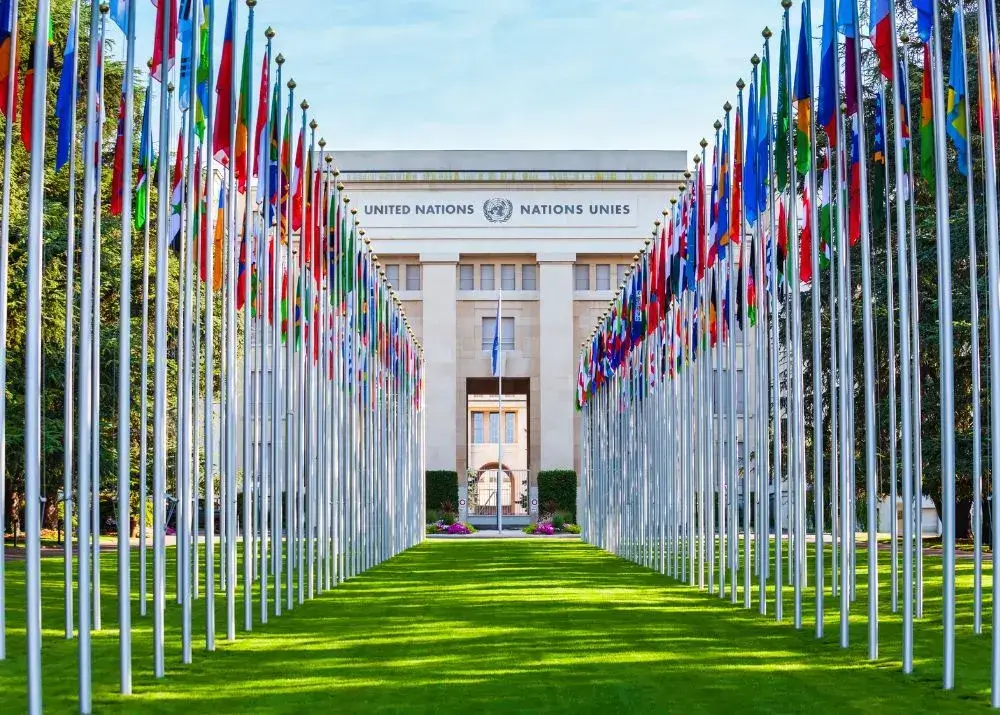At the UN climate talks, numerous countries and oil companies have committed to significant advancements in addressing global warming through a substantial new energy initiative.
Approximately 100 nations have vowed to triple the use of renewable energy worldwide by 2030, while 50 oil and gas entities, including the major player Saudi Aramco, have undertaken to cease contributing to greenhouse gas emissions by 2050—though this commitment pertains solely to production emissions, not those generated when fossil fuels are burned. Critics argue that this approach may not effectively combat climate change.
Despite reservations, proponents at the COP28 summit in Dubai argue that the pledge to triple renewable energy usage will facilitate the removal of fossil fuels from the global energy system by 2050. Advocates, such as the European Union and the United Arab Emirates (UAE), the host country of COP28, aim to incorporate this commitment into the final agreement at COP, with hopes for the participation of nearly 200 represented nations.
While climate groups cautiously appreciate the emphasis on renewable energy, they view promises from oil and gas companies as mere “greenwashing.” Critics, including Prof Bill Hare of Climate Analytics, stress the imperative for the fossil fuel sector to transition away from production entirely. Fatih Birol of the International Energy Agency urges the industry to reduce emissions from production by 2030, two decades earlier than pledged, considering that these emissions constitute around 15% of global emissions.
Speaking at the summit, COP28 President Sultan al-Jaber deems the new pledge a positive initial step toward the shared goal of limiting global warming to 1.5C, established in the 2015 Paris Agreement. He acknowledges the need for the entire industry to enhance ambitions for decarbonization, emphasizing the urgency of achieving net zero by 2050.
While the UAE proposes that the Decarbonisation Charter will accelerate climate action, critics like Carroll Muffett argue that the only effective way to decarbonize oil and gas is to swiftly, completely, and permanently cease production. The 50 companies, responsible for 40% of global emissions, also commit to nearly eliminating methane releases during oil and gas production by 2030.
UN Secretary-General António Guterres underscores the necessity of phasing out fossil fuels to prevent exceeding a 1.5C temperature rise. Despite the call for tripling renewables, some, like Tina Stige of the Marshall Islands, caution that such pledges cannot overshadow countries simultaneously expanding fossil fuel production.
Criticism surrounds the UAE’s presidency of COP28 due to its significant oil and gas production, with President Sultan al-Jaber also heading the Abu Dhabi National Oil Company. Additional world leaders address COP28, with Pope Francis emphasizing the vital role of renewable energy and the imperative to eliminate fossil fuels.











